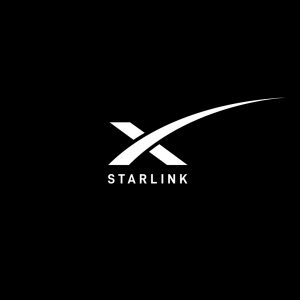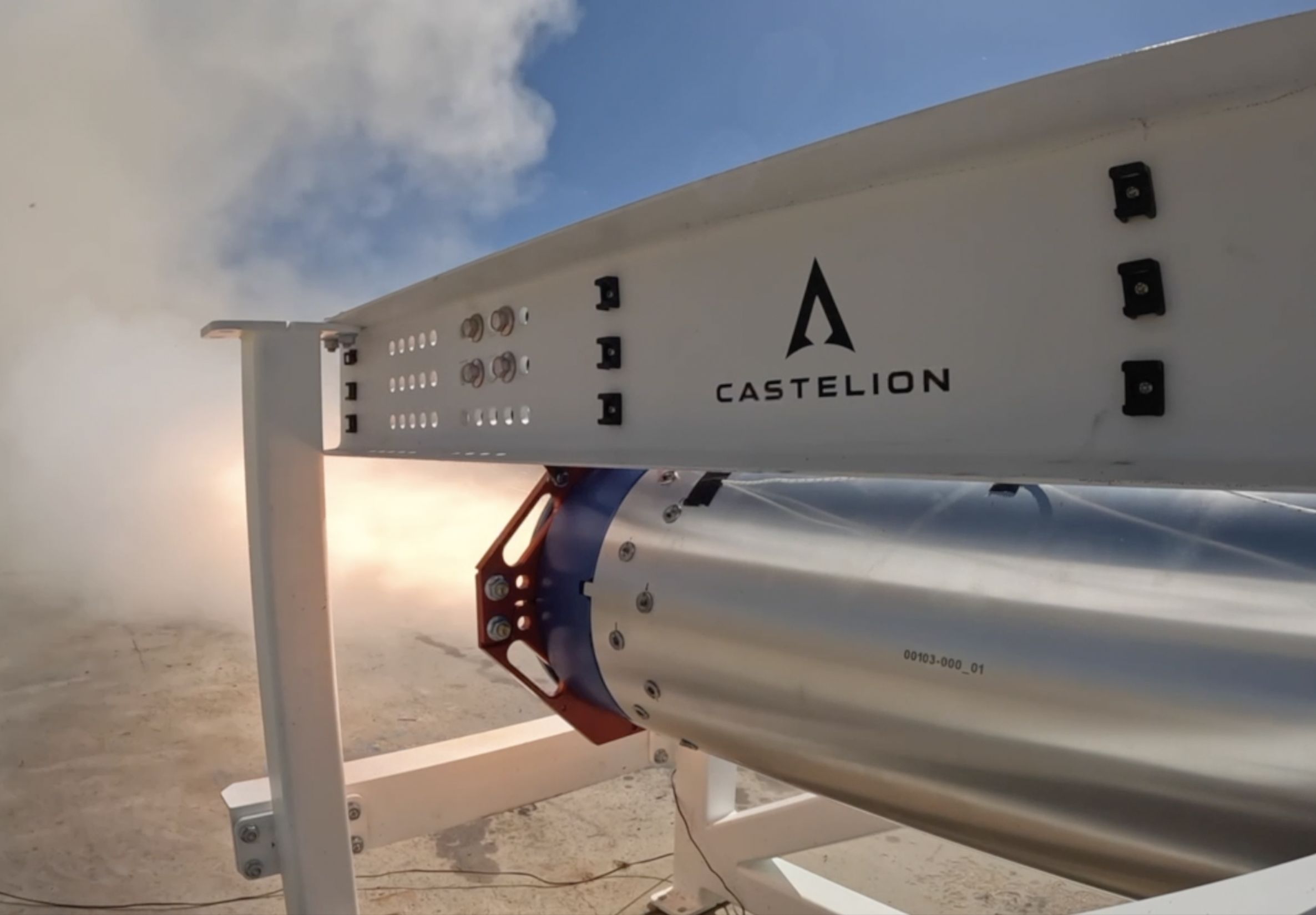Today marks a significant milestone for Amazon as it prepares to launch two of its Kuiper test satellites into space. With this move, the company is entering the satellite internet constellation arena, aiming to compete with SpaceX, the current leader in the field. The upcoming launch will take place at Cape Canaveral in Florida and will be facilitated by United Launch Alliance’s Atlas V rocket. The launch window is set to open at 2 PM EST and will span two hours.
Key Takeaway
Amazon is set to launch two test satellites for its Project Kuiper, aiming to compete with SpaceX in the satellite internet space. The launch represents an important milestone for Amazon’s ambitious plans, as it gathers crucial data on satellite performance. By 2026, the company aims to have at least half of its planned constellation in orbit to comply with its spectrum license.
The two satellites, named KuiperSat-1 and KuiperSat-2, represent the initial prototypes of Amazon’s ambitious Project Kuiper. This project, as outlined in a recent blog post, plans to deploy over 3,200 satellites in the next six years. While there is still a long way to go before Amazon’s mega-constellation fills the skies, this launch serves as a crucial milestone and promises to produce valuable data on satellite performance for Amazon’s dedicated Kuiper team.
“We’ve conducted extensive testing in our lab and have a great deal of confidence in our satellite design, but there’s nothing quite like on-orbit testing,” said Rajeev Badyal, Vice President of Technology for Project Kuiper. “As this is Amazon’s first venture into space-bound satellites, we fully expect to gain valuable insights regardless of the mission outcome.”
Evaluating Satellite-Terminal Interaction and Ground Systems
Similar to SpaceX’s Starlink, Kuiper internet services will be accessed by customers through individual terminals. The upcoming prototype mission will assess the interaction between the satellites and these terminals, as well as the functionality of the ground systems used for communication with Earth. These crucial tests will enable the Kuiper team to refine their technology and ensure optimal performance for future users.
Looking ahead, Amazon aims to launch its first production satellites in the first half of next year. By the end of 2024, beta testing with customers is expected to commence. The company faces a time-sensitive task as it strives to have at least half of its planned constellation in orbit by 2026, in order to comply with its spectrum license from the U.S. Federal Communications Commission. To support the objectives of Project Kuiper, Amazon has already committed over $10 billion towards investments in the ground network, satellite testing and manufacturing, as well as user terminals.
As the competition in the satellite internet industry heats up, the successful launch of Amazon’s prototypes today sets the stage for an exciting future. With Project Kuiper, Amazon aims to provide global internet coverage, bringing connectivity to underserved areas around the world.

























